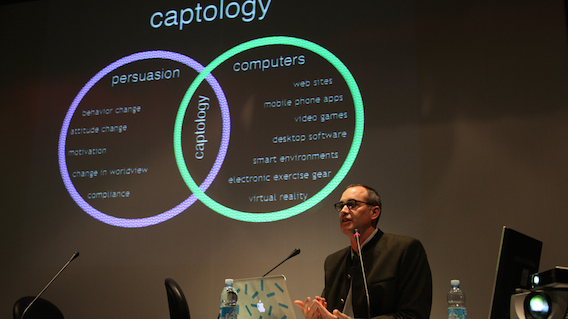Nearly 2/3 of Americans Can’t Name the Three Branches of Government. But That’s Not the Real Problem.

A recent Annenberg survey reveals exactly what we already knew: Americans, by and large, are ignorant of their country’s constitutional framework. Of the 1,416 respondents, 64% couldn’t name the three branches of the federal government. Only about a quarter were aware that Congress could nullify a presidential veto on the strength of a two-thirds vote. Most people don’t even know which party controls which house of Congress.
These pitifully low percentages are — somehow — way down from the last survey Annenberg took in 2011. If you wish to dazzle yourself with additional figures of people not knowing things, this Washington Postarticle aptly sums up the survey’s findings.
So what’s there to be done about America’s embarrassing ignorance? Predictably, calls are being made from across the country in favor of tougher high school civics standards. Basically: “if only those darn kids would study harder, then America would start taking an active interest in its political system!”
You might see where I’m getting at here. Those calls for educational solutions completely ignore the fact that the American people don’t seem to have much of a reason to care about their government. Remember all the buzz about the “America is actually an oligarchy” study from a few months back? Princeton’s Martin Gilens was one of the authors of that study. When asked to summarize it, he said the following to Talking Points Memo in April:
“Contrary to what decades of political science research might lead you to believe, ordinary citizens have virtually no influence over what their government does in the United States. And economic elites and interest groups, especially those representing business, have a substantial degree of influence. Government policy-making over the last few decades reflects the preferences of those groups — of economic elites and of organized interests.”
It may not be overtly stated, but average American citizens have reached a silent consensus that their voices don’t matter anymore. The depressing statistics above signify a society that’s become resigned to its powerlessness. And as with anything else in life, knowledge that’s not being made use of gets replaced by things more pragmatic for everyday life. Americans haven’t forgotten how to write their names or count to ten; those elementary lessons still resonate today. The same just can’t be said for civics.
So even if teenagers are forced to cram information so that they can pass the citizenship test before they graduate, as some have suggested, it doesn’t mean that the information they learn is going to remain relevant. The only thing that could cause Annenberg’s paltry figures to rise is serious governmental reform. Until then, critics can continue to wear out their lungs yelling about American ignorance but it’s still not going to change the fact that the citizens don’t care to listen.
Read more at The Washington Post
Read the survey results at Annenberg
Photo credit: larry1235 / Shutterstock





